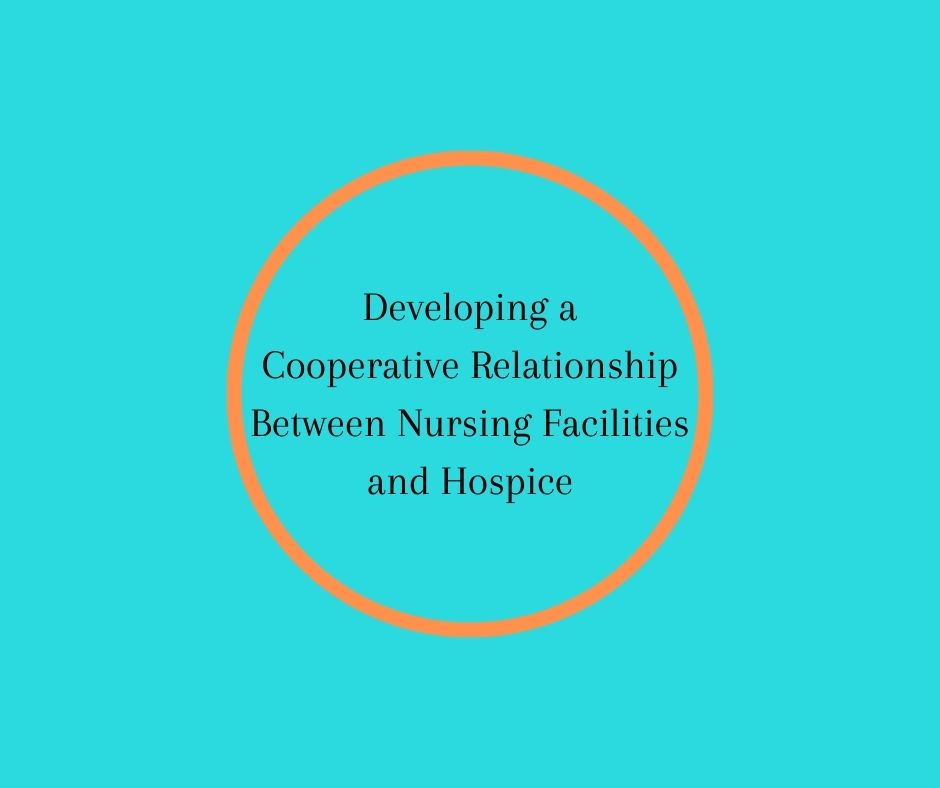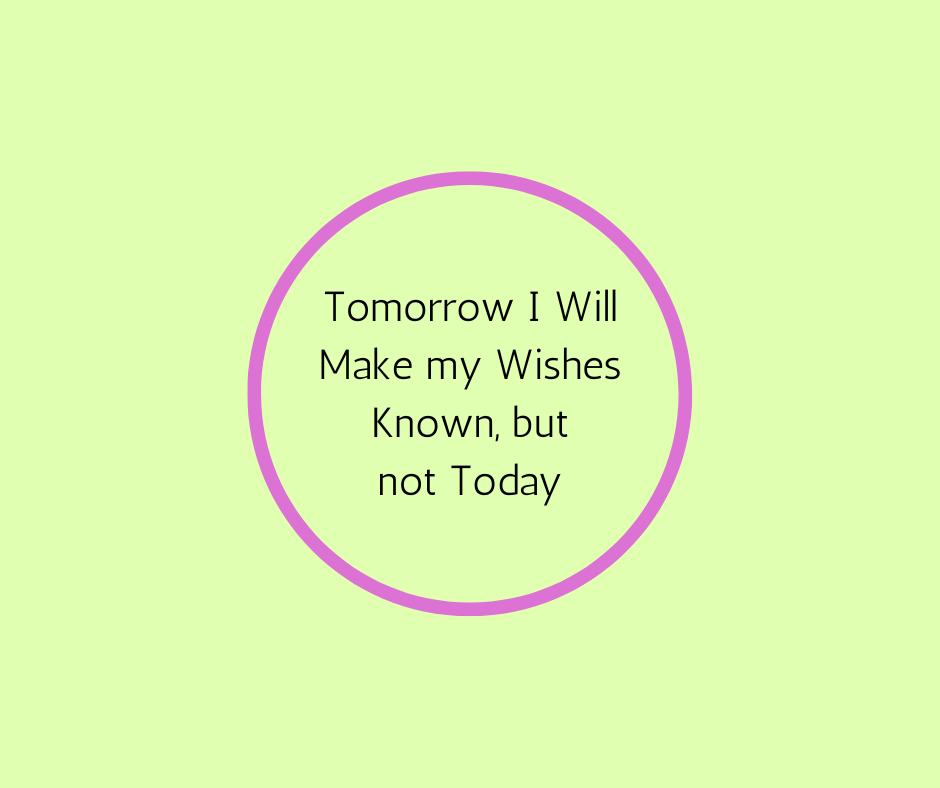Sometimes our patients and families don't want to hear the words "hospice" or "end of life care." I have been asked, “should we use words that are more sensitive?”
I don’t think so; I don’t think we need to use other words to be more sensitive to end of life issues. This seems to be a problem today with physicians and healthcare workers. Don’t use the "d word." Address treatments but don't say "There is nothing more we can do."
Everybody dies. Our bodies are programmed to die. From the moment we are born we begin to die, yet no one wants to acknowledge it. Studies show that Americans spend hundreds of thousands of dollars on medical treatment in the last year of their lives. For many this results in bankruptcy. Yet in the majority of those cases the result of the medical intervention ended in death-----because disease is one of the ways people die.
SO---I think we need to be honest with our patients and families. When I say “we“ I mean all healthcare professionals, from physicians to everyone else. Not being insensitive but honest. When a person sits across the desk and we are talking about treatment for a life threatening illness too often the physician thinks they are saying one thing but the patient/family is hearing something else. For the patient/family they generally equate treatment with cure. Cure means returning to a healthy life. When the physician is speaking about treatment they are probably talking tumor reduction, or remission at best. Who said “What we have here is a failure to communicate?”
Someone has to have the courage to say “We’ve done the best we can. We can’t fix you. Let us help you have some quality time”.
We really aren’t doing people any favors by not being honest with them. We aren't giving their families the opportunity to do and say what needs to be said and done. We are depriving people the opportunity to put their life in order, to say “goodbye and I love you”. We are not only taking their money but their time. So often the last year of a person’s life is spent in hospitals, at doctor’s appointments, in labs getting blood work, in radiology getting treatments, and at home in bed too sick to enjoy the time they have.
I know, I work on the down side of the medical establishment. You say I only see the situations where medicine doesn’t work but I say I see the real side of living. We are born, we experience and we die. That is what life is all about. I don’t have the illusion that the body lives forever and I do have the desire for us to experience the positive side of living until we are dead.
Something more about... “We’ve done the best we can and we can’t fix you...”
Many nursing schools, end of life training programs and hospice volunteer training use my book, The Final Act of Living as a resource to educate on care for the dying. In the book I share insights and experiences gathered over decades of working with people during their final act of living. It is intended for both professionals and laypeople, this book weaves personal stories with practical care guidelines, including: living with a life-threatening illness, signs of the dying process, of grief, living wills, and other end of life issues.







11 comments